Computer operating systems
Sources:
Overview of Computer Operating Systems
Types of Operating Systems
Operating systems (OS) can vary significantly in design and user control, typically categorized into three types:
- Closed systems: Typically exemplified by Apple, which tightly controls software and updates.
- Open systems: Such as Linux, which allows users to see and modify the source code.
- Hybrid systems: Represented by Microsoft, which balances between user control and proprietary elements 1.
Evolution and Functions
The earliest computers lacked operating systems and had limited input/output capabilities, using punch cards for data input and output. The 1960s saw the creation of more sophisticated OS that managed memory, process scheduling, and input/output operations, paving the way for today's complex and dynamic systems 2.
User Interfaces
Many users equate the operating system with its graphical user interface (GUI). Early systems like MS DOS used command-line interfaces, while Windows evolved from a GUI shell on top of DOS into a comprehensive OS 2.
Insights from Experts
-
Seth Godin:
- Seth compares different OS types while elaborating how Apple relied on a closed ecosystem with strong artistic influence to succeed. He parallels this with the resilience required in societal systems, like the US voting system, to maintain flexibility and openness for robustness 3.
-
James Fodor:
- Fodor highlights the key roles of operating systems, including managing multiple programs, memory, and enabling user interaction with hardware. He emphasizes the importance of innovations like graphical interfaces and the historical context of these developments 2.
-
Peter Wang:
- Peter discusses the practical considerations of choosing operating systems for daily use. He uses Mac due to its Unix-based prompt for development and its reliability in professional settings, while acknowledging the complexities and "messiness" of Linux and Windows systems 4.
-
Mark Groden:
- Groden reveals the use of advanced expert decision AI systems in aviation operating systems, underscoring how deterministic AI approaches can simplify complex tasks like flying, making it accessible to individuals with minimal training 5.
-
Historical Anecdote:
- An interesting piece involves IBM's attempt to secure an OS from Digital Research, which led to a notable business blunder due to miscommunications and NDA issues. This ultimately paved the way for Microsoft's rise in the OS market 6.
These insights highlight the diversity of operating systems, their evolution, and their practical implications in various domains.
RELATED QUESTIONS

